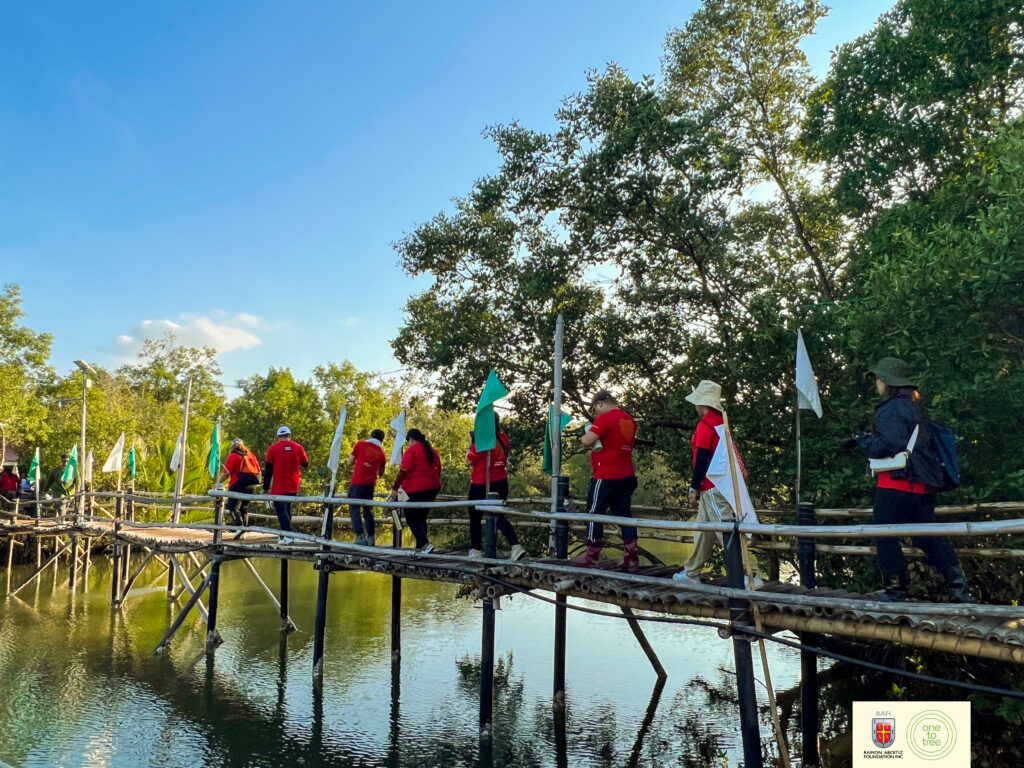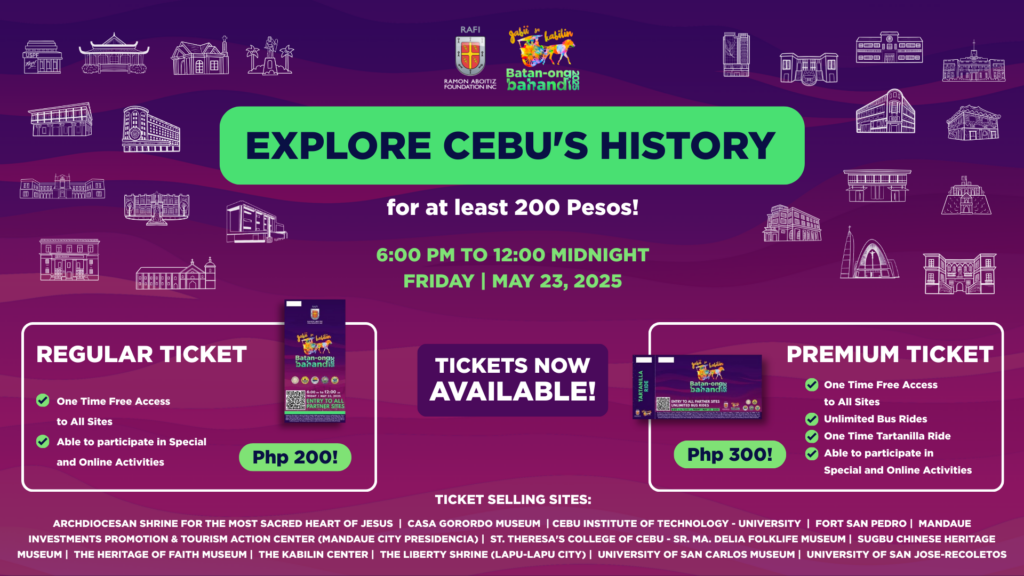
Bill Ford once said, “Creating a strong business and building a better world are not conflicting goals—they are both essential ingredients for long-term success.”
While businesses may not see corporate social responsibility (CSR) as a necessity or priority, it must be integral to the operation of any business.
CSR pertains to the company’s social obligation to benefit the immediate community per se and the broader society. A CSR program is usually undertaken to contribute to the welfare of the people by sharing business resources with them.
CSR is taken up because of its positive effects on gainfulness despite its costs. The distributive impact is how an organization assumes liability for the social effects of doing business in the target community.
CSR activities in Cebu
In a study published in the Asian Review of Social Sciences in 2019, the authors found out that entities engaging in CSR activities are One reason for this is the required budgetary outlay, which means an additional organizational expense.
These are well-established firms and have already penetrated the local market. They can afford the costs of undertaking social programs. While there are no guidelines or requirements in setting the CSR budget, it ranges from Php100,000 to more than Php 1 million. Financial planning begins at 2% of the total marketing budget.
Among the CSR initiatives of Cebu-based businesses are:
- Community development,
- Informal education and training,
- Environmental conservation and protection,
- Feeding programs, and
- Microfinance (aid to small businesses).
These activities involve a target community and the people belonging to that community. The goal is to identify and address their real and felt needs, which are perceived to make social programs sustainable. When actual needs are met, the continuous participation of the target community can be expected.
How CSR programs benefit businesses
In the same study, the two major benefits of CSR are identified as 1) public image and 2) business sustainability.
Having a CSR program improves business reputation. Since it forms part of goodwill, the program alone contributes greatly to the patronage of the company’s products and services. A positive reaction to philanthropic works is expected. Customers would want to associate themselves with companies that give back to the community.
The willingness to spend on these firms’ products and services is high as their contributory means. As such, the social obligation of the firm is to convey an incentive to participate. That is even when the consumers do not intend to partake in the first place.
The presence of a solid customer base is sufficient for long-term business continuity because of its patronage. CSR programs are instrumental in this sense. They ensure continued business for as long as possible because of the patrons. These are the people who share the same philosophy of helping others.
If there is one thing people have in common, it is the desire to make communities better than they are now. In a report by The Berkeley Group, CSR helps attract, engage, and retain consumers. About 87% of the consumers would purchase from a company that aligns with the social issues they care about, while 75% would refuse to buy if the company supports issues contrary to their values and beliefs.
In the business world, this is called strategic imitation, wherein companies purposefully copy other companies’ processes and activities. The goal of ‘copying’ is to fulfill a strategic goal.
CSR transcends beyond scale, scope, and nature of business. If you earn income from the general public, it is only suitable to give back. This is fundamental to the craving of humankind. As such, CSR should be at the center of organizational values.
CSR in the Philippines
As outlined in Corporate Social Responsibility in the Promotion of Social Development, there have been CSR activities in the Philippines since the 1950s. Its early forms were corporate philanthropic works, donating to churches, hospitals, orphanages, and the like.
In 1958, the government created a policy through the recommendation of the National Science Development Board. Such policy offered tax incentives for private businesses contributing. The contributions must be certified for the company to be entitled to tax deductions. This led to the creation of corporate foundations.
These philanthropic were ongoing until the 1970s when CSR became a strategic imperative. Discussions within the business community strengthened during these times. The goal of business leaders then was to invest in social development to promote the nation’s wellbeing.
In 1972, about 50 companies pledged an amount to s, equivalent to 1% of the preceding year’s net income. About 20% of the total contributions were channeled towards the Philippine Business for Social Progress (PBSP).
PBSP was founded by Eddie Aboitiz and ten of the subsidiaries of Aboitiz & Company. PBSP is a non-profit, non-stock organization committed to helping low-income communities while also strengthening the corporate-community relationship.
Three decades after its founding, PBSP had 180 members with a total of Php164.17 million in 2003. The contributions are from corporate benefactors and donor agencies.
A socially responsible partner in Cebu
Ramon Aboitiz Foundation Inc., or simply RAFI, is a formidable force in Cebu when it comes to CSR. RAFI is a CSR partner in Cebu whose mantra is to elevate the dignity of man through implementing solutions that “enable people to achieve higher levels of wellbeing.”
CSR is in RAFI’s DNA. PBSP, for one, is Eddie Aboitiz’s legacy. Furthermore, PBSP promotes a community development approach to CSR.
Aboitiz Group of Companies is one of the largest conglomerates in Cebu. It has a presence in the energy, banking, shipping, and real estate industries. RAFI is the family foundation, while the Aboitiz Foundation Inc. (AFI) serves as the corporation’s social development arm.
The overall management of RAFI lies in the fourth generation of the Aboitiz clan, with Mikel Alberto Aboitiz as the board chairman. The current programs include micro-finance, education, leadership and capability development, culture and heritage, health, early childhood development, culture and heritage, humanitarian disaster preparedness and response, and environmental preservation through One to Tree.
A focus on One to Tree
Tree planting is considered a less costly CSR activity, but the compounding benefits of this activity are undeniable. Such benefits trickle through all layers of society.
It is true they say that the best time to plant a tree is twenty years ago. But PBSP has initiated such activities more than thirty years ago. For example, in 1987, PSBP Visayas Regional Operations partnered with the Cebu City government to assist in the Cebu Hillyland Development Project (CHDP), a reforestation initiative with tree planting as the main activity. Furthermore, in 1990, PBSP Visayas, with Executive Committee chair Erramon Aboitiz, launched the “Adopt-a-Hectare” initiative to establish nurseries for seedlings production and eventual hectare by hectare reforestation with the help of private companies.
Today, RAFI’s tree planting initiative is realized through One to Tree. The organization aims to assist in creating a more sustainable future by growing native trees. The native ecosystem has been negatively affected by decades of deforestation and illegal logging activities.
With over ten years of growing native trees, One to Tree partners with students, local residents, and communities. The organization integrates the habit of appreciating and growing native trees while supporting the livelihood of the locals.
Why native trees, you may ask. Native trees are trees that naturally grow in the area. These are generally better for the environment. First, plants and animals flourish around these trees. Second, they help prevent soil erosion since native trees’ roots grow deeper in the soil.
One to Tree has a native tree nursery located in Sitio Roosevelt, Busay, Cebu City. Narra, Molave, Kaningag, Kalimutain, and Mamalis seedlings that individuals may plant in their own backyard can be bought directly from the nursery (though One to Tree highly encourages people to contact them first for pre-scheduling).
As of June 2021, One to Tree has planted 8.32 million upland native trees and 1.27 mangrove seedlings spread across 10,410 hectares of land. The planted seedlings have a guaranteed survival rate of 80%.
Society expects the social advancement of organizations. Every organization has a social duty, as an obligation to the community it serves. However, not all companies act upon these duties. RAFI understands how and why CSR is integral to its operations.


